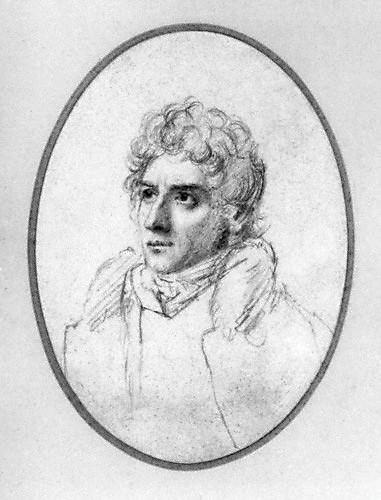Edmund Spenser
Edmund Spenser, a literary luminary of the Elizabethan era, crafted "The Faerie Queene", an epic poem celebrated for its allegorical depth, rich imagery, and exploration of moral virtues.
Poet
1552
January 13, 1599
47
London, England
Edmund Spenser, a literary luminary of the Elizabethan era, remains an iconic figure in English poetry. Best known for his magnum opus, “The Faerie Queene,” an epic poem that celebrates chivalry and the Protestant Reformation, Spenser’s influence transcends time. His poetic prowess is evident in works like “Amoretti,” “Epithalamion,” “Prothalamion,” “The Shepherd’s Calendar,” and “Astrophel.”
Spenser’s contributions extend beyond his literary works. He is credited with coining the word “blatant” in “The Faerie Queene,” adding a unique term to the English lexicon. His impact on subsequent poets, including John Milton and William Wordsworth, solidifies his status as a literary giant.
Spenser’s life was marked by both triumphs and tribulations. While he enjoyed the patronage of influential figures and achieved literary acclaim, he also faced financial challenges and personal tragedies, including the loss of loved ones. Despite these hardships, his dedication to his craft left an indelible mark on the literary landscape.
Remembered as one of the greatest poets of his time, Edmund Spenser’s legacy endures as a testament to the power of literature and the enduring human spirit. His works continue to inspire and captivate readers, solidifying his position as a timeless master of English poetry.











